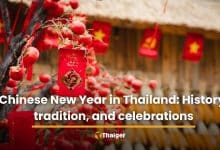Why is Thailand no longer called Siam?
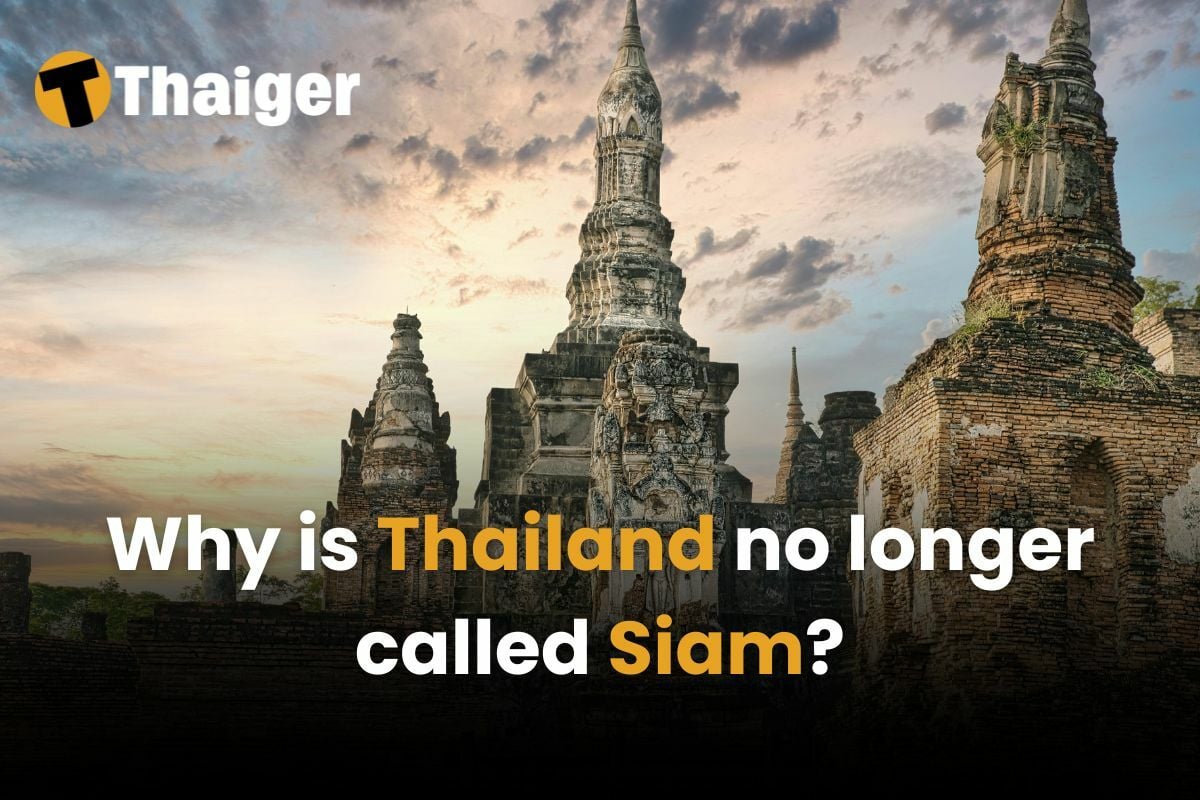
If you’ve been curious about why Thailand was once called Siam and what led to the name change, you’re not alone. This is a common question among anyone who has noticed Siam referenced in historic sites, movies, and even in the names of places such as Bangkok’s Siam Square. Here’s a look at the history behind the name change, the reasons for it, and what it reflects about Thailand’s identity.
Historical background: Siam to Thailand
Siam was the official name of the kingdom for centuries, appearing in records dating back as far as the 13th century. It’s believed that Siam may have originated from the Sanskrit word Śyāma, meaning dark or brown, a reference to the complexion of the people in the region. Foreign traders, including those from China and Europe, popularised this name when referring to the kingdom, and it stuck.
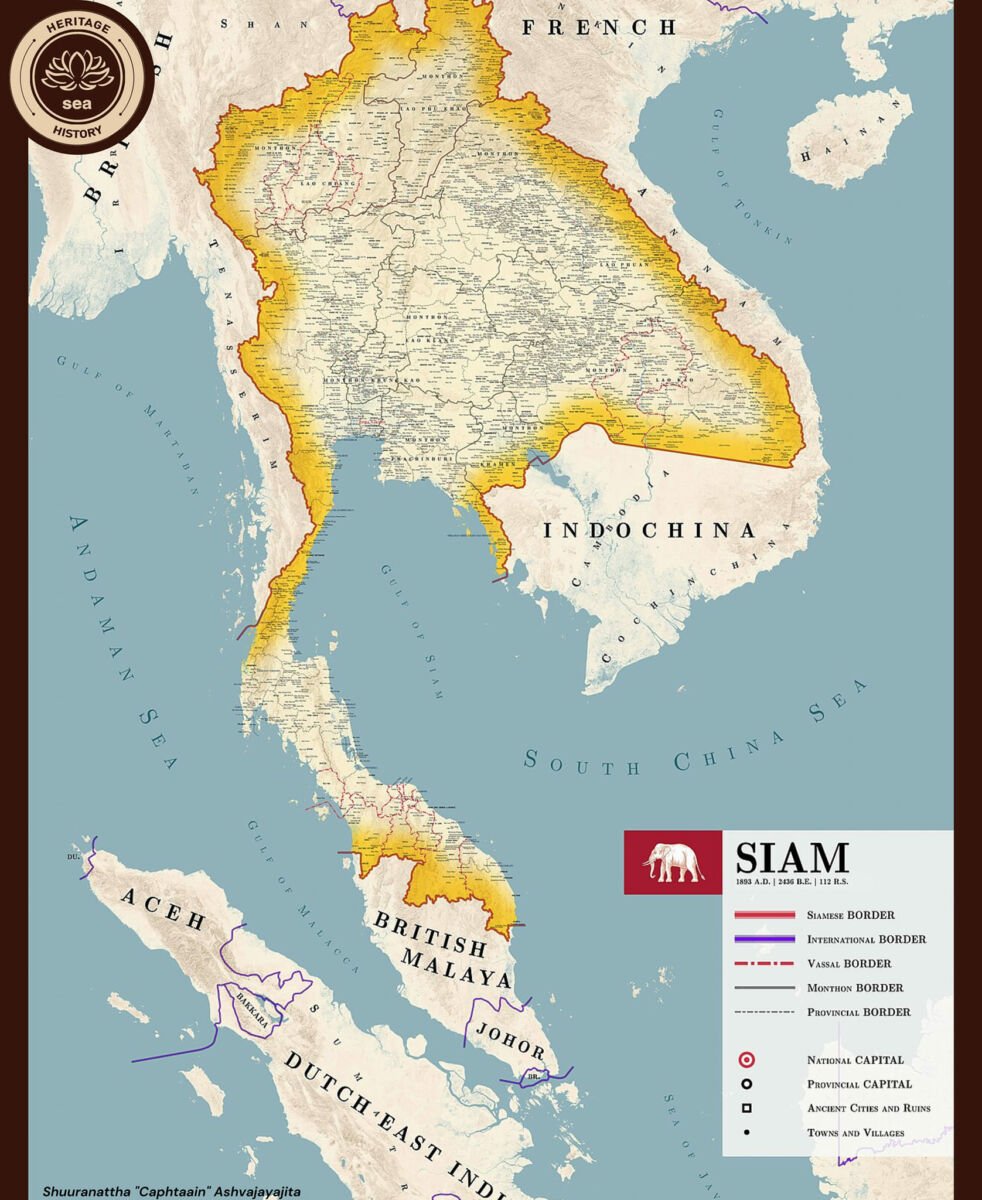
However, the country’s people have historically referred to themselves as Mueang Thai or simply Thai, meaning land of the free. This local name reflects the sense of freedom and pride among Thais, and it highlights a significant part of Thailand’s identity as the only Southeast Asian country that was never colonised.
Why did they change the name?
The name change from Siam to Thailand took place in 1939, under the leadership of Field Marshal Plaek Phibunsongkhram (commonly known as Phibun). Phibun was Thailand’s prime minister at the time and had a vision for a more unified, modern nation. Here are a few of the main reasons behind the shift:
1. National identity and unity:
Phibun believed that changing the name to Thailand would help foster a stronger sense of national identity and unity among the diverse ethnic groups living within the borders. Thai means free in the local language, and he wanted to reinforce Thailand’s independence and unique cultural and ethnic identity as distinct from its neighbours.
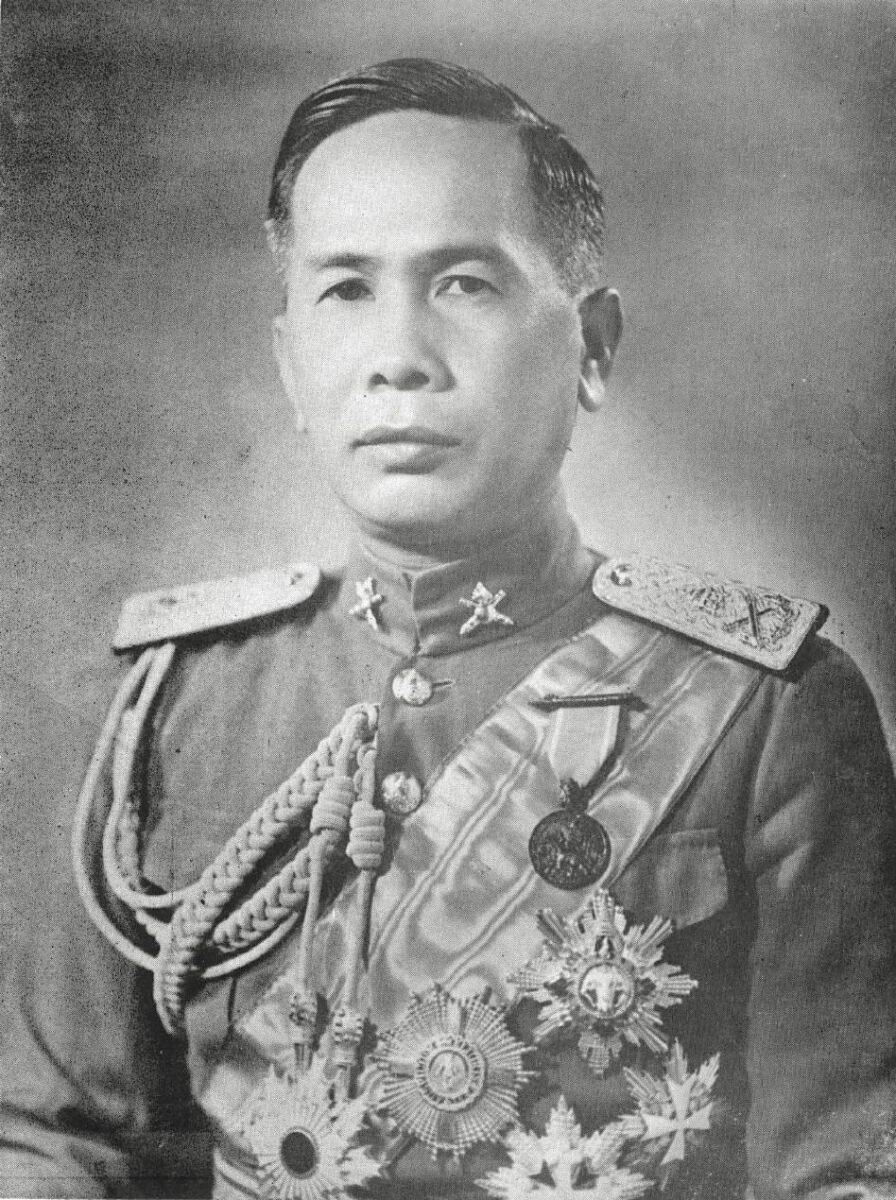
2. Modernisation and nationalism:
The name change was part of a larger cultural campaign led by Phibun to modernise and Westernise the country. He aimed to boost patriotism and position Thailand as a strong, unified nation on the global stage. Changing the country’s name to Thailand was seen as a way to symbolise this transition and a new era.
3. Breaking from the past:
The shift from Siam to Thailand was also a way to distance itself from the old feudal system and monarchy, creating a new, more progressive identity for the country.
What does Thailand mean?
The word Thailand translates to land of the free, with Thai meaning free or independent in the language. This name is meaningful not just because of its literal translation but because it reflects the country’s pride in its history of remaining independent. Historically speaking and according to various sources such as the Office of the Historian, Thailand is the only Southeast Asian nation that was never colonised and the name serves as a reminder of that resilience.
A brief return to Siam
Interestingly, Thailand was briefly renamed Siam again from 1945 to 1949 after World War II. During this time, there was a change in leadership, and some officials preferred the historical name Siam. However, when Phibun returned to power in 1949, the name Thailand was reinstated and has been the official name ever since.
Where you’ll still see mentions of Siam today
Although Siam is no longer the country’s official name, you’ll still see it used in places across Thailand. Siam has become a cultural reference, often used in contexts that celebrate Thai heritage.
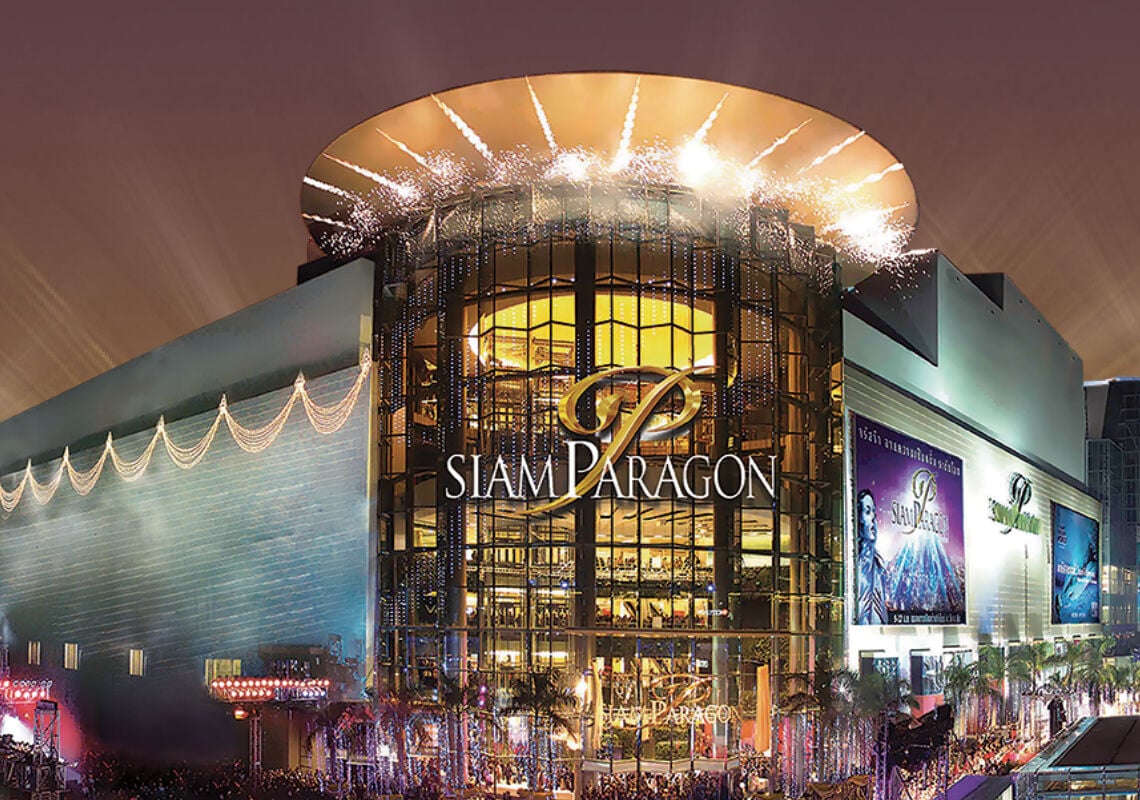
For instance, Siam Paragon, Siam Square, and Siam Centre in Bangkok are a series of bustling shopping malls in Bangkok that invoke some sense of hi-so for anyone who visits them. At the same time, the name Siam can also used in popular products, brands, and events to evoke a sense of tradition or prestige.
The name change from Siam to Thailand reflects the country’s journey toward a unified identity, independence, and modernisation. For locals, the name Thailand signifies pride in a land that has maintained its freedom and unique culture all stated in its language. As you explore Thailand, keep an eye out for Siam for it is a reminder of the country’s rich history and the blend of tradition and modernity that makes Thailand so unique.
ดูโพสต์นี้บน Instagram
Latest Thailand News
Follow The Thaiger on Google News:
